We are searching for
--
Please wait. This should take only a few seconds.

We are searching for
--
Please wait. This should take only a few seconds.

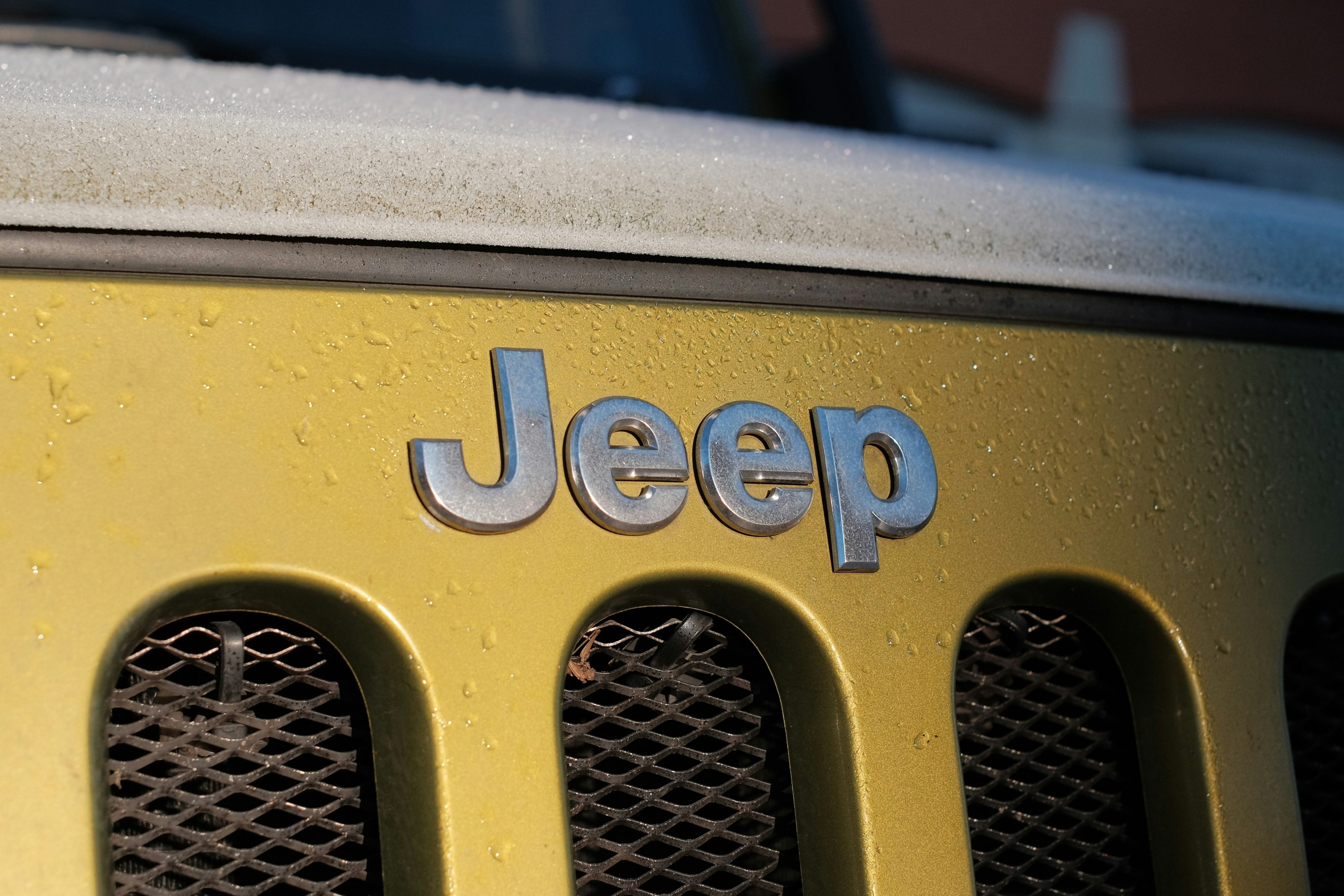
The Jeep brand is a formidable contender in the global automotive market, renowned for its ruggedness and off-road prowess. Initially produced specifically for military use during WW II, Jeep’s product range currently consists of several SUVs, including its signature Wrangler series (which has remained in production since 1986). Nevertheless, like all auto manufacturers, Jeep has had its share of challenges over the years, some of which resulted in vehicle recalls to rectify defects and ensure compliance with safety standards. These include the February 2024 Jeep Grand Cherokee recall that potentially affected more than 338,000 units of this vehicle’s 2021 – 2023 model. Despite these setbacks, Jeep still maintains a reputation for quality, durability, and reliability and continues to strive to deliver vehicles that meet high performance and safety standards.
The following are some of the biggest Jeep recall reasons in history:
Airbags are vital components for vehicle safety and have been credited with saving more than 50,000 lives since they became a standard safety feature in vehicles in the United States. There have been several Jeep recalls initiated due to defects that could compromise the effectiveness of these vehicles’ airbag systems and pose safety risks to vehicle occupants in a crash.
The most extensive airbag recall involving certain Jeep models was the 2016 recall of 4,648,270 Chrysler-manufactured vehicles (Chrysler/FCA US was the parent company of the Jeep brand at the time). This recall was due to an assembly defect that increased the risk of the passenger frontal airbag inflator rupturing due to changes in humidity and temperature over time, releasing metal pieces that could cause fatal injuries to passengers. This recall specifically affected the 2007 -2012 models of the Jeep Wrangler.
More recently, in 2024, airbag-related recalls were initiated for over 50,000 Chrysler-manufactured brands (including Jeep) due to manufacturing and installation defects that could potentially prevent these vehicles’ driver’s airbags from deploying in a crash. Affected models in the Jeep recall list include the 2016 Jeep Wrangler, the 2023 Jeep Gladiator, the 2023 Jeep Grand Cherokee, the 2023 – 2024 Jeep Wrangler, and the 2023 – 2024 Wagoneer and Grand Wagoneer.
In 2023, over 69,200 units of the 2018-2023 Jeep Wrangler and 2020-2023 Jeep Gladiator models equipped with manual transmissions were recalled due to defective clutch pressure plates. This defect could potentially result in loss of drive and also increase the risk of a fire hazard. Similar recalls involving this issue and the same Jeep models had been initiated in 2020 and 2021.
Another Jeep transmission recall was also initiated in 2023, this time affecting certain 2016-2017 Jeep Cherokee vehicles. The recall was caused by defective power transfer units (PTU) that could cause the vehicle’s transmission and differential to disengage. This could lead to a loss of power while driving or difficulty engaging the park function. However, the biggest transmission-related Jeep recall is the 2019 recall of over 81,615 units of 2014 Jeep Cherokee vehicles equipped with 3.2L engines due to a software glitch that resulted in the transmission unexpectedly shifting to neutral.
There have been several consumer complaints about instances where the paint on Wranglers, Cherokees, Grand Cherokees, and other Jeep models has bubbled, prematurely peeled, flaked, or exhibited other defects affecting the vehicle’s exterior appearance. However, there have been no official paint-related Jeep recalls issued by either the company or the NHTSA. This is because recalls are usually initiated for safety issues, and paint-related matters do not generally fall under this category. Nonetheless, if your paint is prematurely peeling, chipping, or bubbling, and your vehicle is still under warranty, you should consider taking it to your dealer to get it repainted. Be aware that you may be charged a fee for this, depending on the conditions of your warranty.
Jeep vehicles have been subject to recalls or safety investigations due to issues related to these vehicles’ frame or chassis components. A recent example is the 2023 Jeep recall of approximately 35,829 vehicles (specifically the 2020-2022 Jeep Wrangler models) following the discovery of a stud on the frame assembly that could puncture the fuel tank in a crash. This, in turn, could result in a fuel leak and an increased risk of fire hazard. Earlier in 2018, over 18,000 units of the 2018 – 2019 Jeep Wrangler models had been recalled due to a manufacturing defect resulting in improperly welded front track bar brackets. This defect could potentially result in an unexpected reduction in steering ability, invariably increasing the risk of a car crash.
Various Jeep recalls have been initiated over the years for several reasons, ranging from issues with the affected vehicles' safety components to mechanical defects. According to the NHTSA, some of the most recalled Jeep models in the United States are:
These Jeep recalls typically prompt increased scrutiny of the brand’s operational procedures, which, in turn, result in improved safety protocols, manufacturing processes, and quality control standards to ensure the continued safety and satisfaction of its customers.
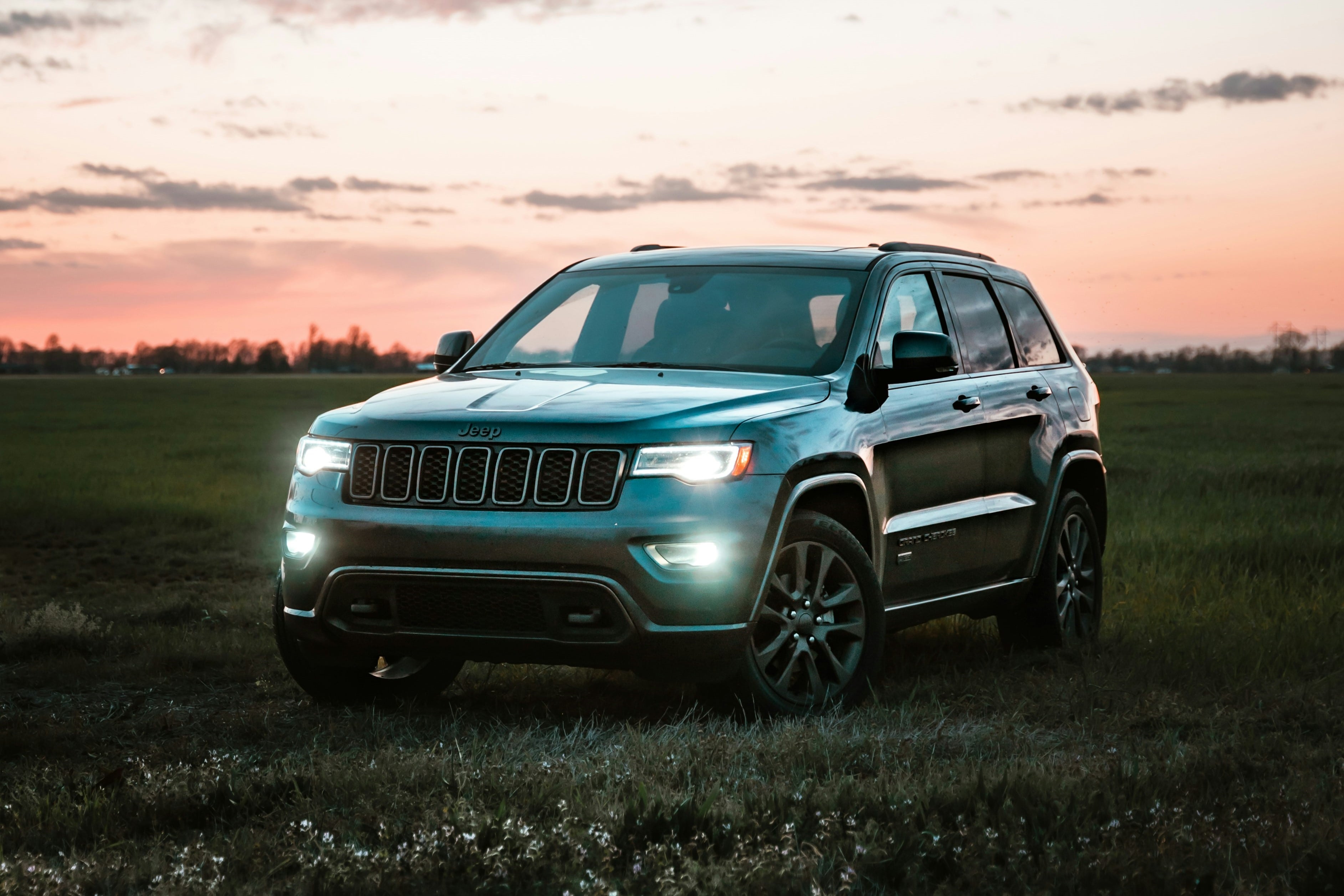
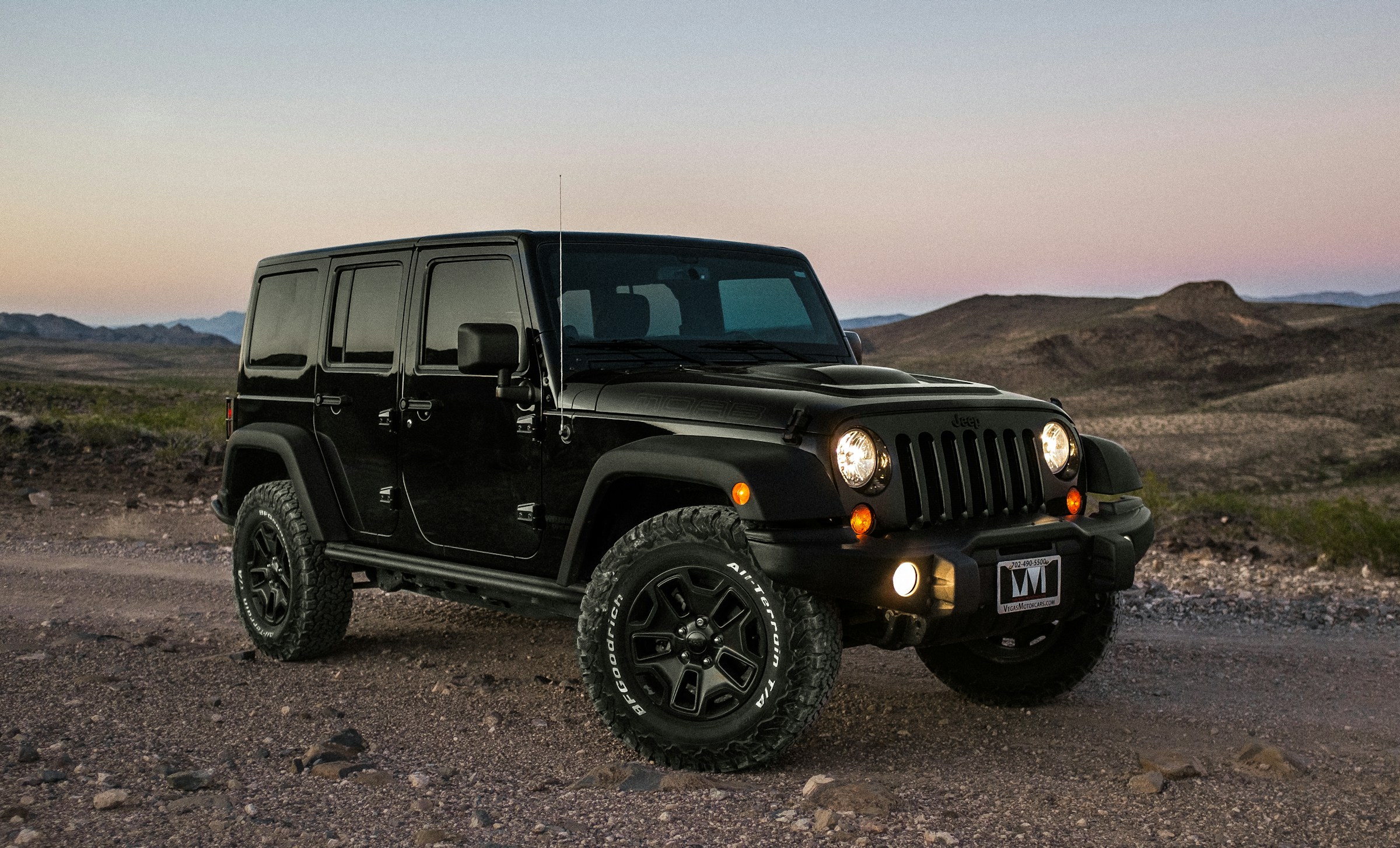
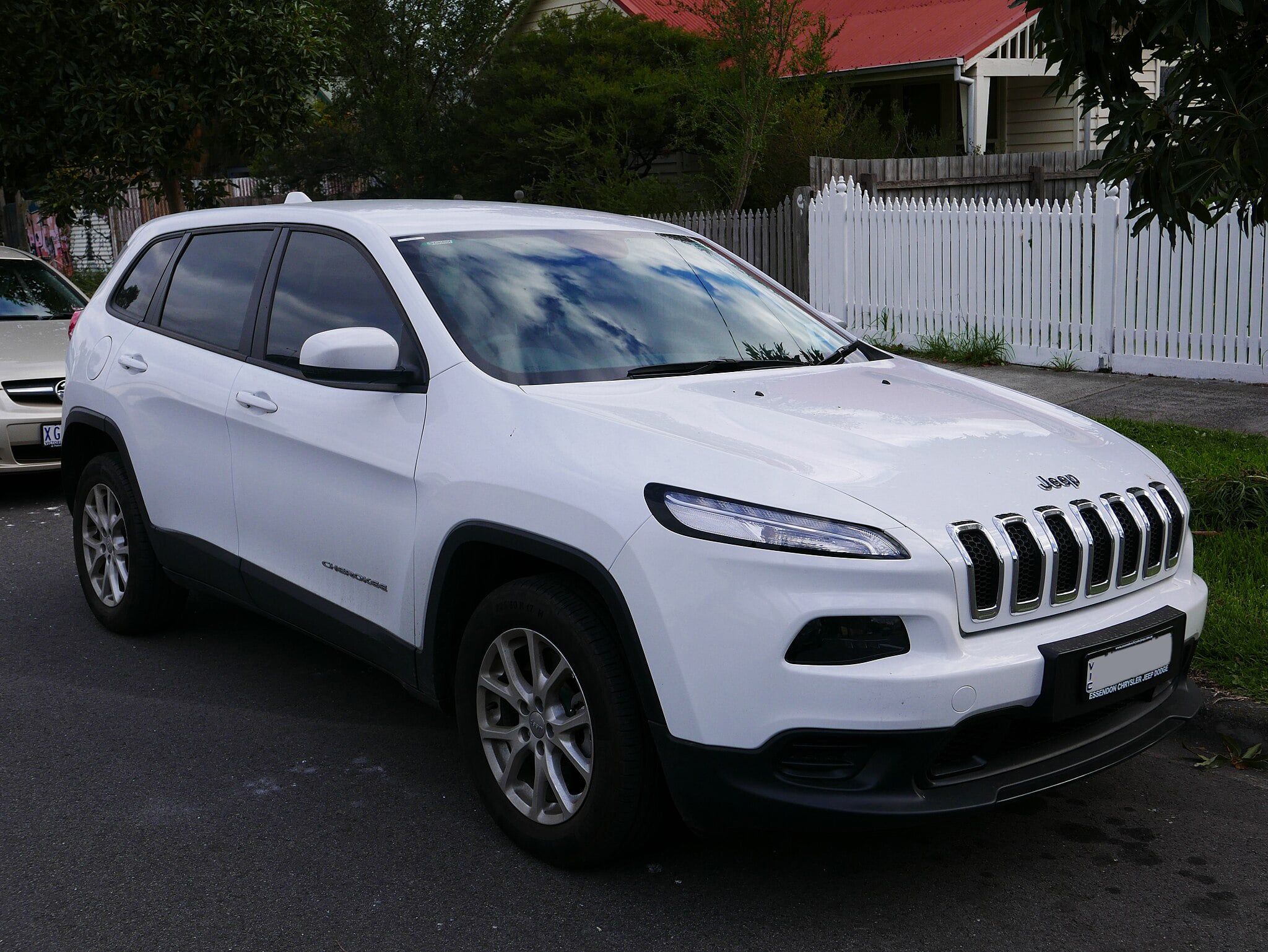
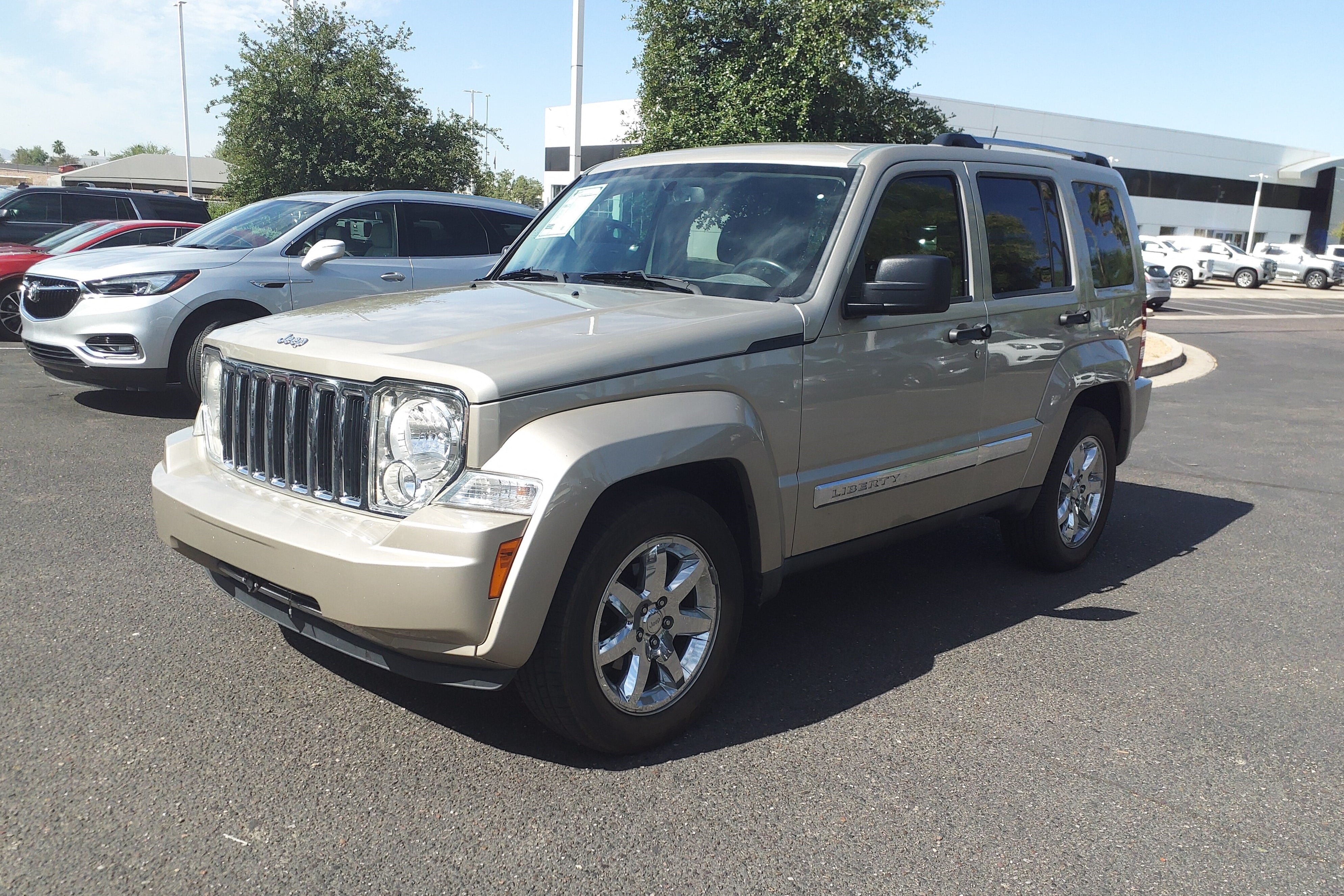
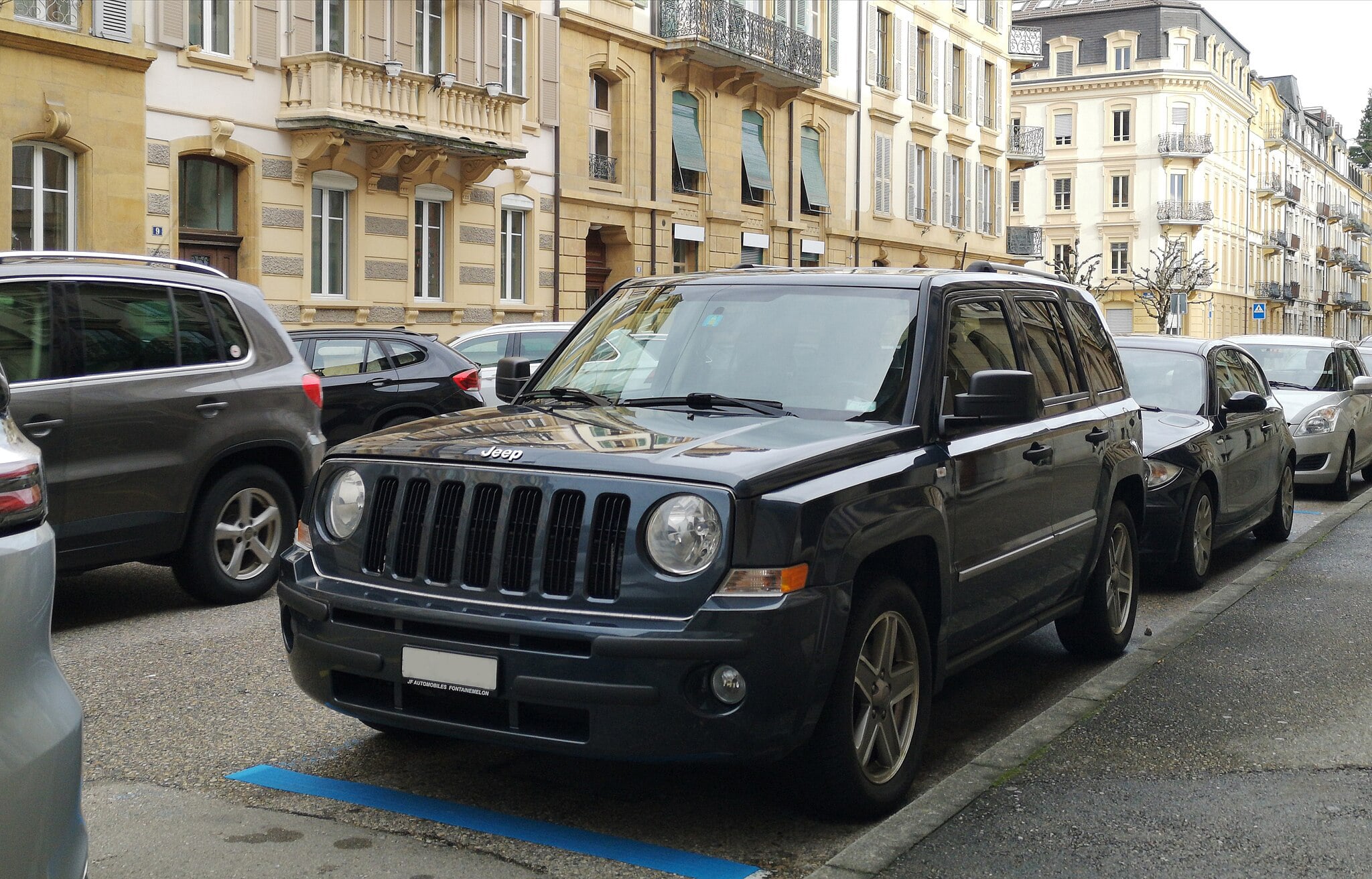
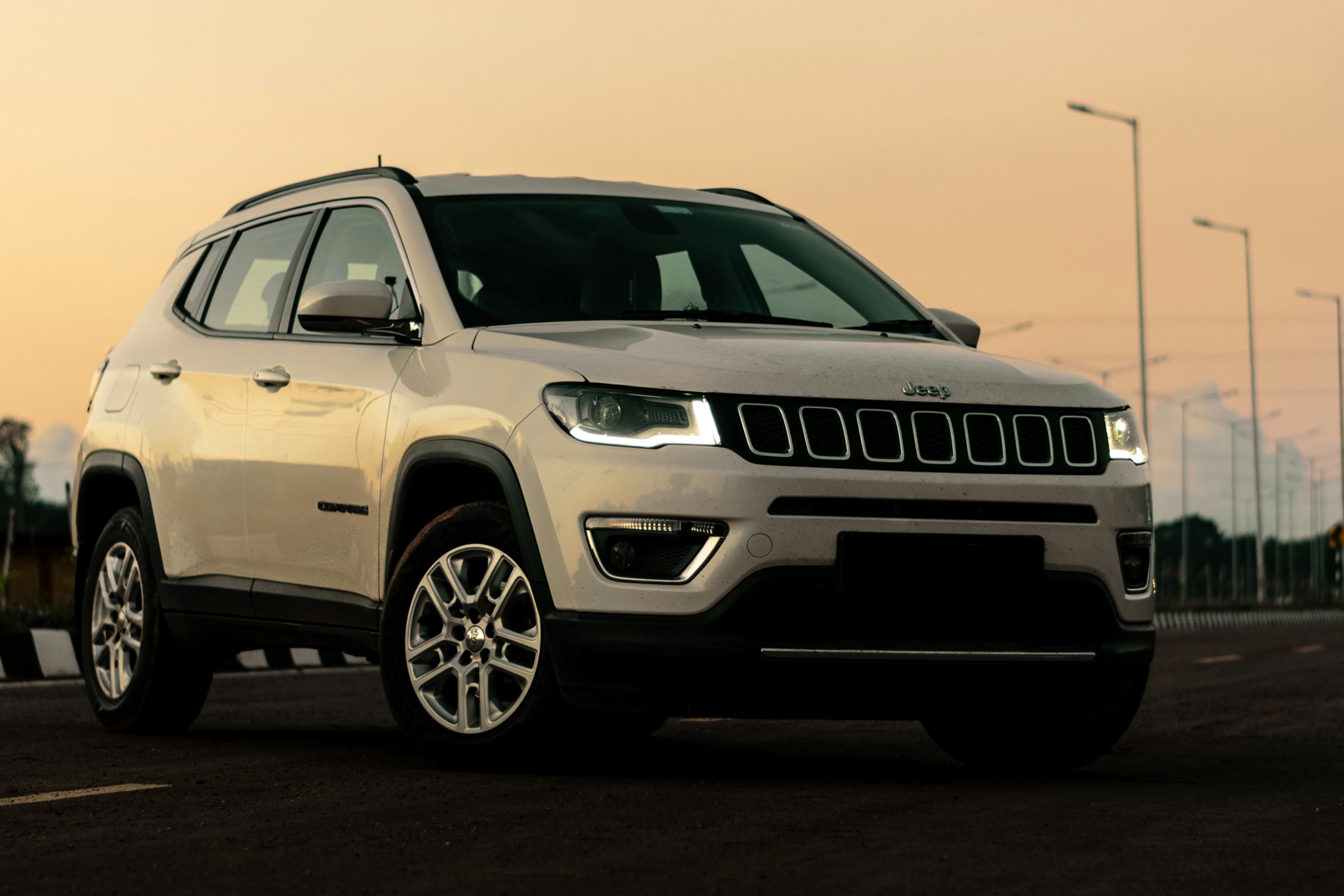
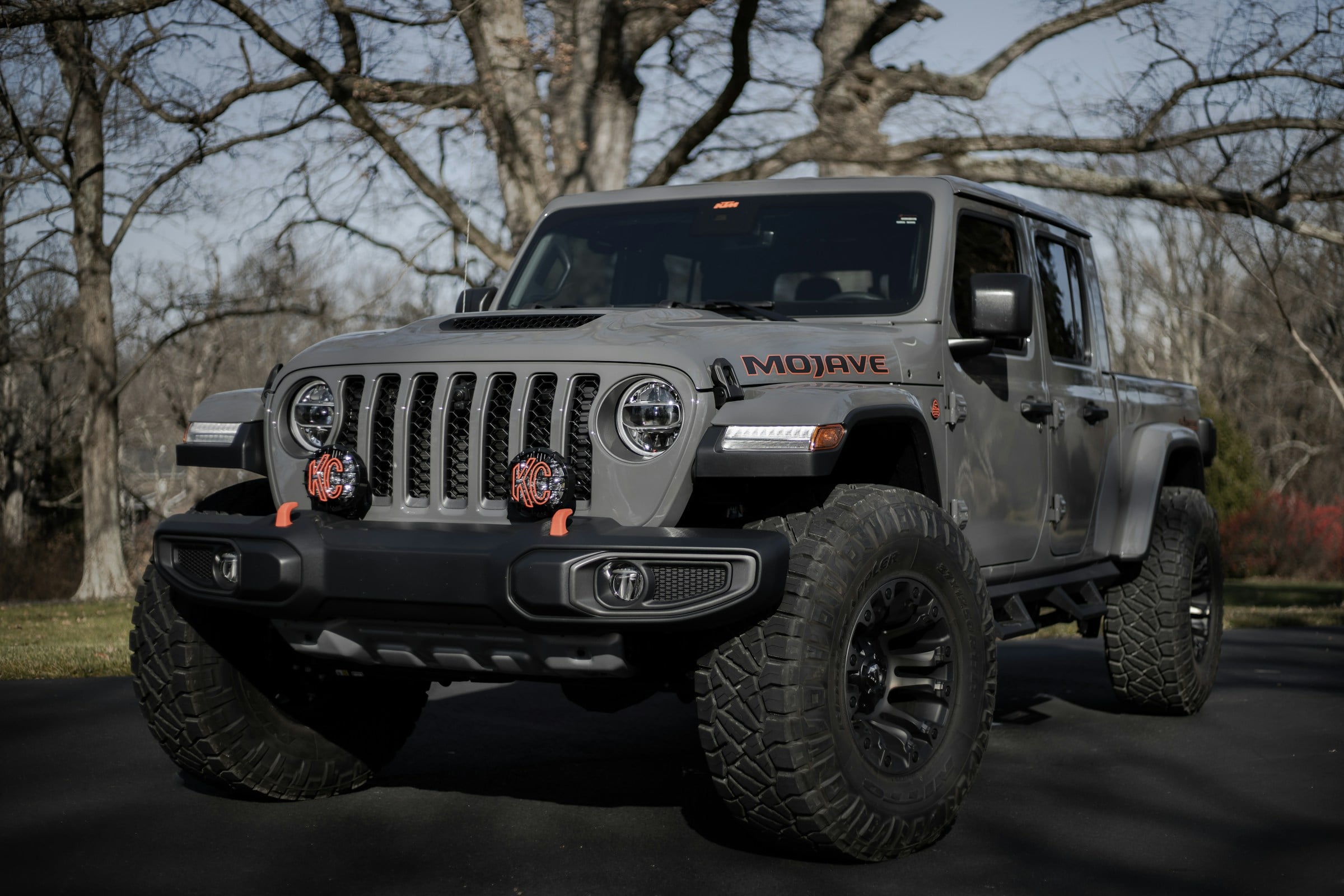
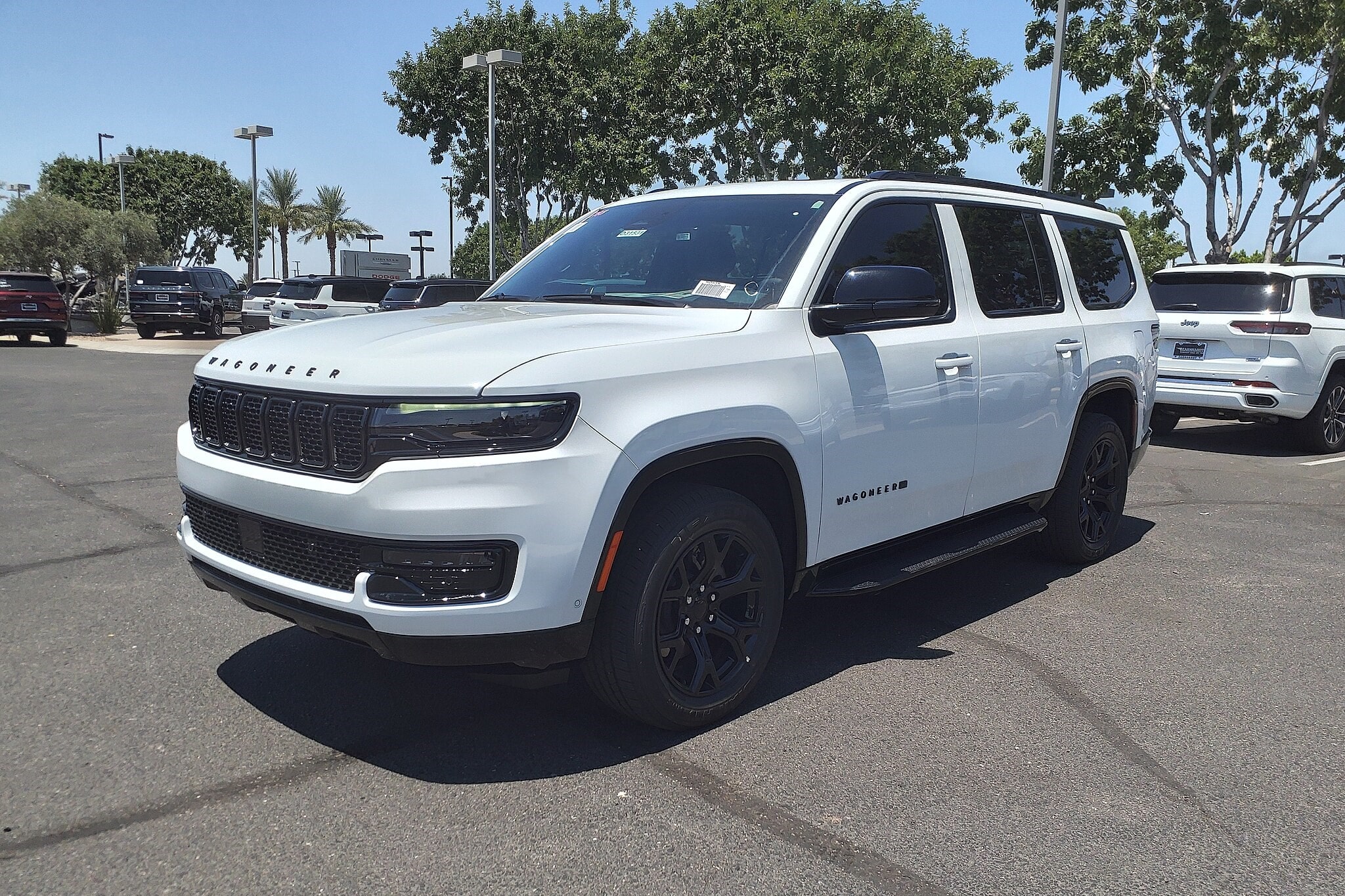
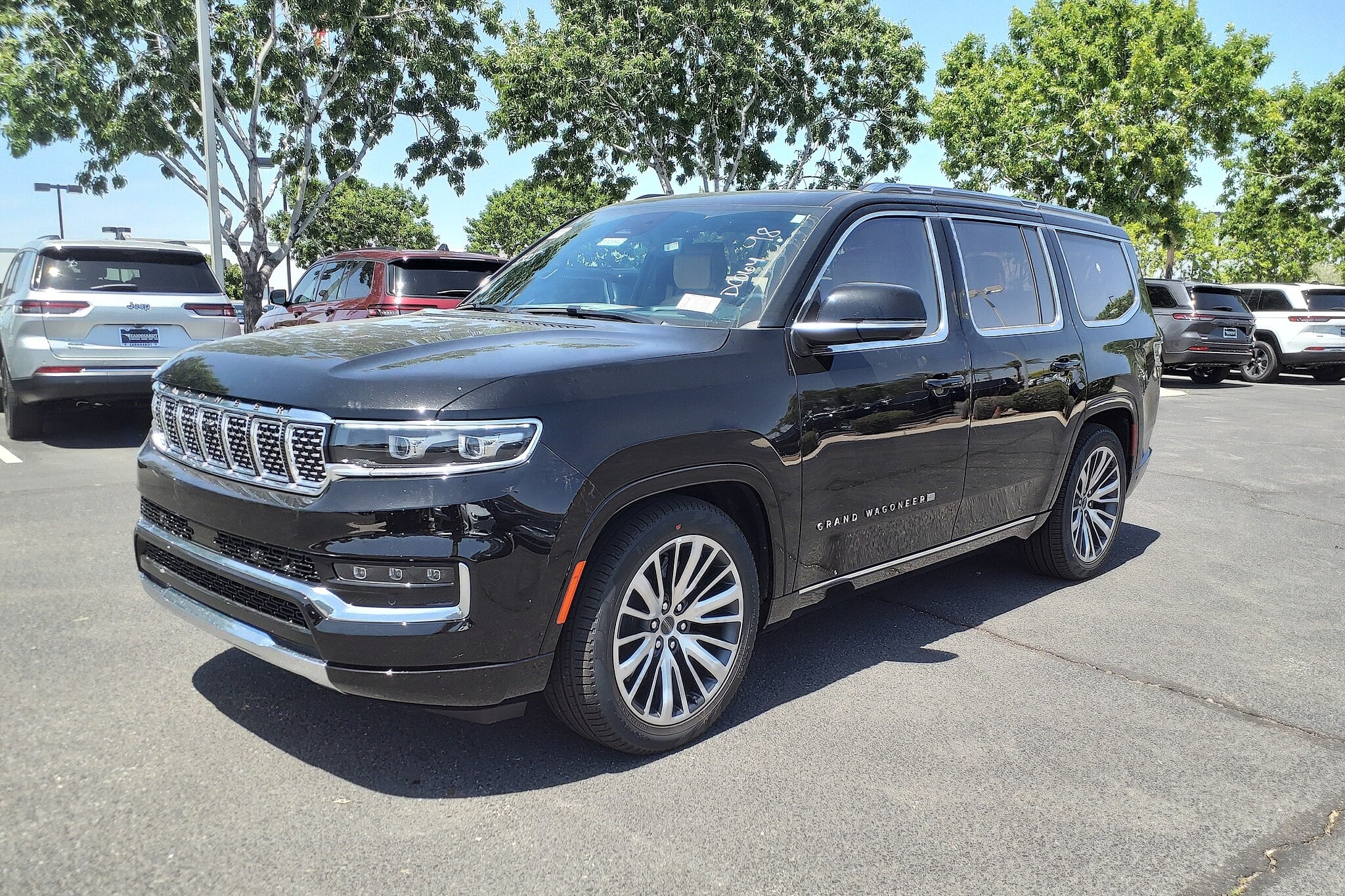
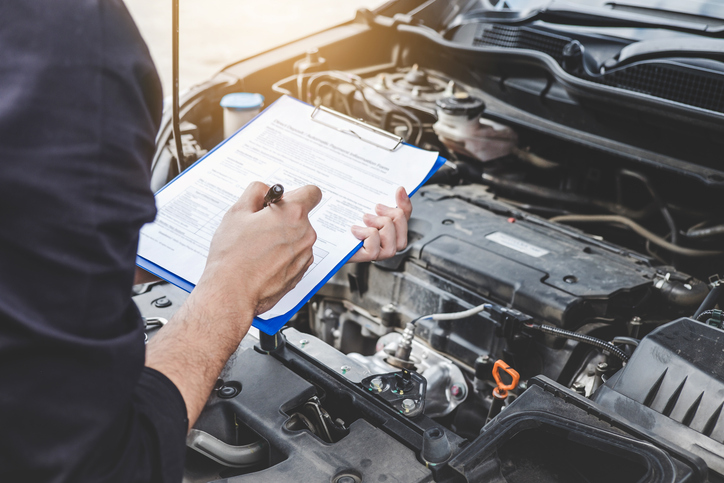
Automakers are required by law to notify affected vehicle owners when initiating recalls. Nonetheless, it is advisable to stay updated on potential issues and recalls for your vehicle; doing this ensures that the problem is quickly resolved and minimizes the probability of accidents caused by the defect in question.
FCA-US (the parent company of the Jeep brand) provides an online platform that you can use to check for a current Jeep recall (or get reimbursed for previous recall-related costs) using your vehicle’s VIN. Be aware that only information on Jeep recalls announced on or after January 1, 2000, is available on this platform. Alternatively, you can use the NHTSA website or third-party platforms like GoodCar to perform these Jeep recall checks online.
If your vehicle has been recalled, all you have to do is contact your preferred Jeep dealer (or any authorized dealer near you) to arrange service. Jeep recall repairs are free of charge to vehicle owners. Call 1-800-399-2668 for further assistance or inquiries regarding Jeep recalls.
On certain passenger vehicles, due to improper heat treatment, the rear axle may not have adequate strength in some areas. The rear axle shafts could fail or break after extended use of the vehicle, increasing the risk of a crash.
Recall consequence
On certain passenger vehicles, due to improper heat treatment, the rear axle may not have adequate strength in some areas. The rear axle shafts could fail or break after extended use of the vehicle, increasing the risk of a crash.
Recall action
Dealers will inspect and replace the rear axle hub assemblies. The manufacturer has reported that owner notification will begin during July 2000. Owners who do not receive the free remedy within a reasonable time should contact Toyota at 1-800-331-4331.
On certain passenger vehicles, due to improper heat treatment, the rear axle may not have adequate strength in some areas. The rear axle shafts could fail or break after extended use of the vehicle, increasing the risk of a crash.
Recall consequence
On certain passenger vehicles, due to improper heat treatment, the rear axle may not have adequate strength in some areas. The rear axle shafts could fail or break after extended use of the vehicle, increasing the risk of a crash.
Recall action
Dealers will inspect and replace the rear axle hub assemblies. The manufacturer has reported that owner notification will begin during July 2000. Owners who do not receive the free remedy within a reasonable time should contact Toyota at 1-800-331-4331.
On certain passenger vehicles, due to improper heat treatment, the rear axle may not have adequate strength in some areas. The rear axle shafts could fail or break after extended use of the vehicle, increasing the risk of a crash.
Recall consequence
On certain passenger vehicles, due to improper heat treatment, the rear axle may not have adequate strength in some areas. The rear axle shafts could fail or break after extended use of the vehicle, increasing the risk of a crash.
Recall action
Dealers will inspect and replace the rear axle hub assemblies. The manufacturer has reported that owner notification will begin during July 2000. Owners who do not receive the free remedy within a reasonable time should contact Toyota at 1-800-331-4331.
While several third-party websites offer Jeep recall lookup services, GoodCar stands out as a user-friendly platform that provides reliable, complete recall information and real-time updates. Using only the vehicle’s VIN, you can access information like: